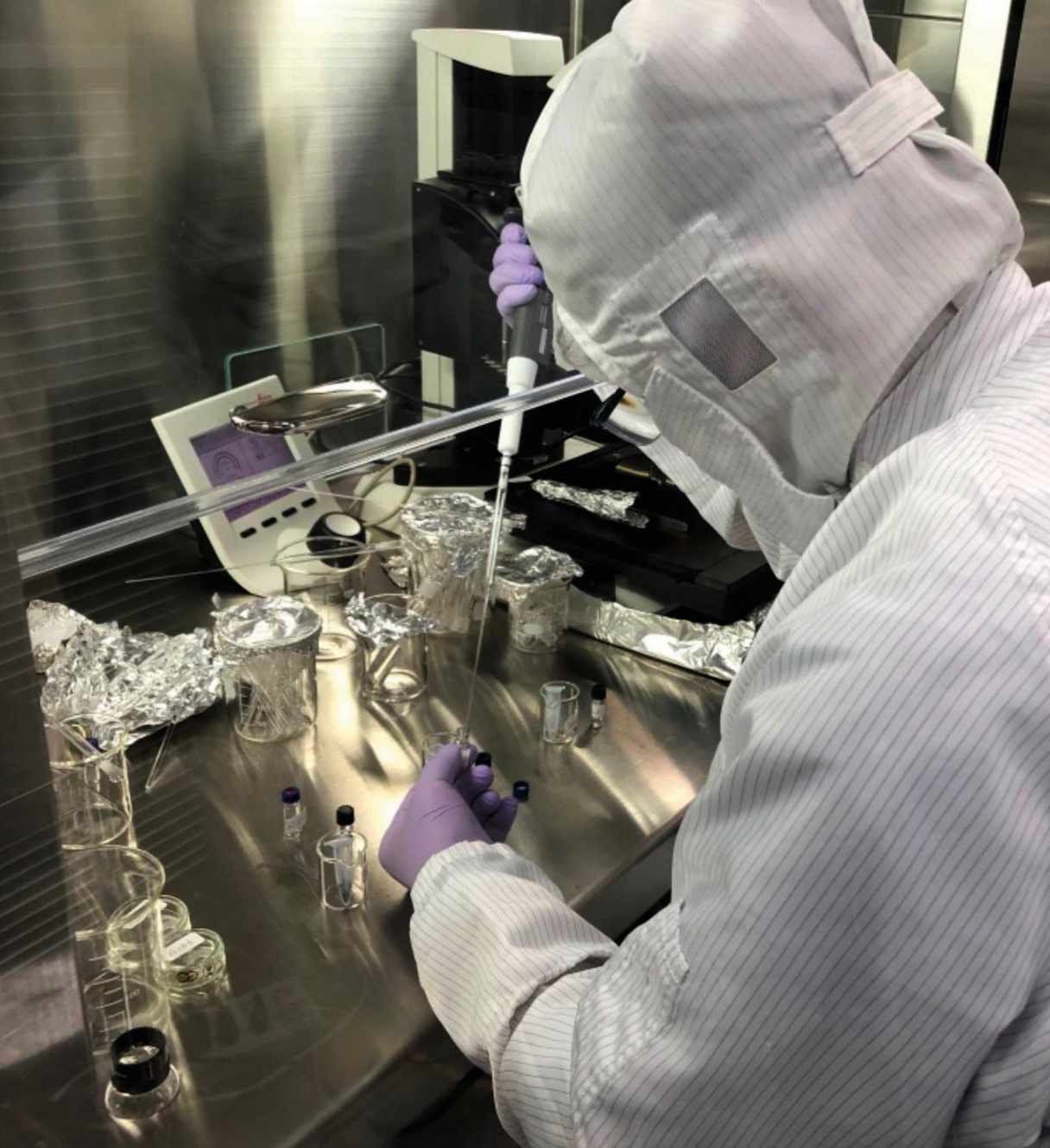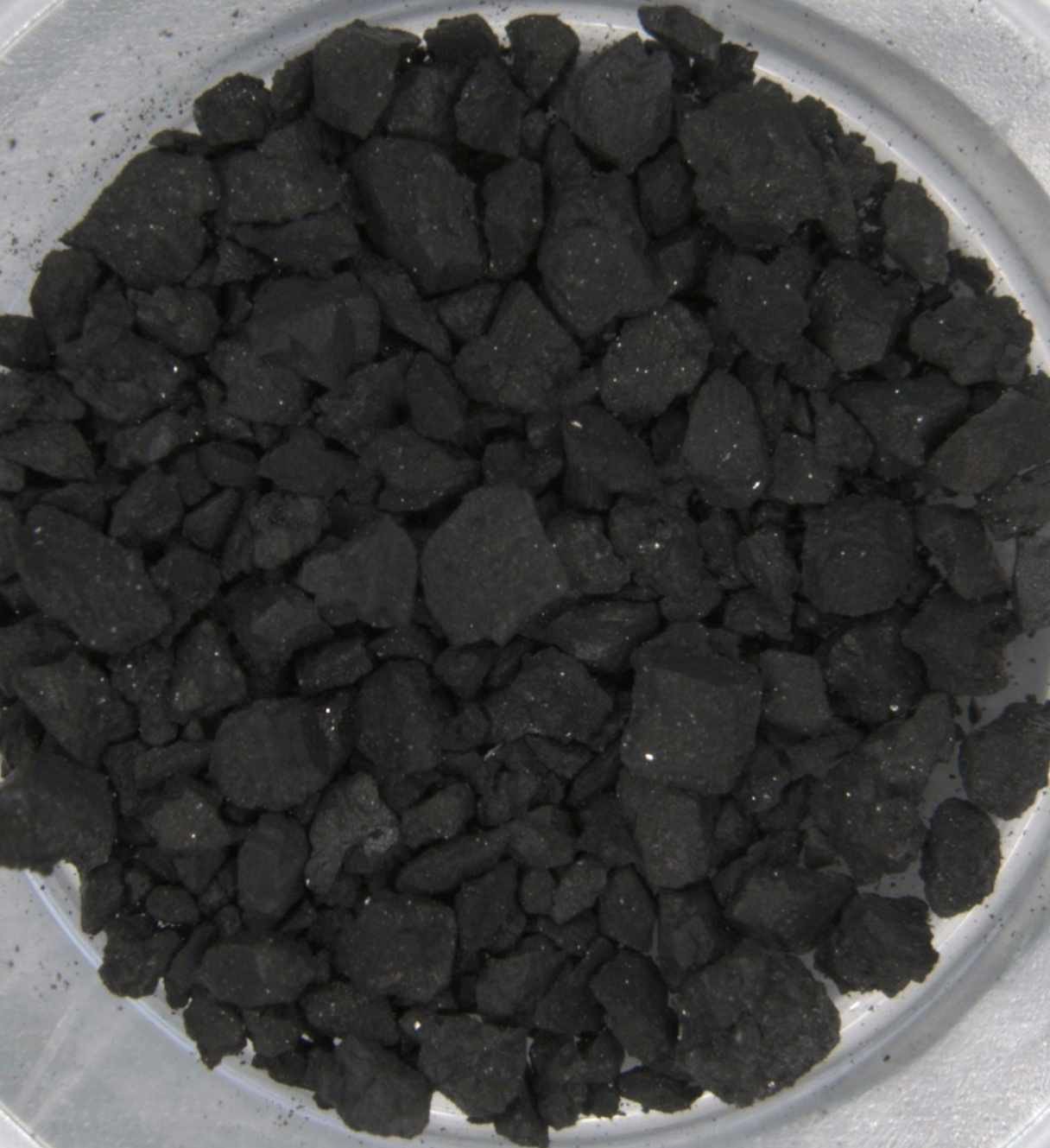Organic molecules found in first full sample returned directly from an asteroid

Asteroid Ryugu is rich with organic molecules, according to the first analysis by an international team looking for these key life-giving ingredients. The rock was brought back to Earth by the Japanese spacecraft Hayabusa2. The discovery lends weight to the idea that asteroids helped transport organic chemicals to early Earth.
The molecules discovered in Ryugu are a wide range of compounds, which on Earth form the building blocks of all life. They don’t require life to form, however, and some of them are even created in space. They’ve been spied in the discs of dust which planets grow from, but it’s not well understood how these molecules make their way from space to a planet’s surface.
The analysis – performed by teams across Japan, Europe and NASA’s Goddard Spaceflight Center – uncovered amino acids, organic molecules which terrestrial life uses to form proteins. “These molecules can be transported throughout the Solar System, potentially dispersing as interplanetary dust particles after being ejected from the uppermost layer of the asteroid by impacts or other causes,” says Hiroshi Naraoka from Kyushu University, Japan, who led the study.

The amount of amino acids was similar to that found in carbon-rich meteorites, but Ryugu was found to lack the sugars and nucleobases which make up DNA and RNA, and which have been found in many such space rocks.
“It is possible these compounds are present in asteroid Ryugu but are below our analytical detection limits, given the relatively small sample mass available for study,” says Daniel Glavin, astrobiologist at Goddard Spaceflight Center and a co-author of the paper.
Hayabusa2 brought back just 5.4g of material, which was collected from the asteroid on 22 February 2019. A sample of just 30mg was extracted and prepared for organics testing, ensuring there would be enough remaining to allow for more tests in the years to come.
“We will do a direct comparison of the samples from Ryugu and the sample from asteroid Bennu when NASA’s OSIRIS-REx mission returns it to Earth in 2023,” says Jason Dworkin, also from Goddard, who took part in the study.
“OSIRIS-REx is expected to return much more sample mass from Bennu and will provide another important opportunity to look for trace organic building blocks of life in a carbon-rich asteroid.” www.nasa.gov